The explosive growth of big data necessitates higher-capacity SSD, with QLC technology. Despite its promise, QLC SSD suffers from lower performance and endurance compared to TLC SSD. Additionally, high-capacity drives face challenges related to device ready time and Recovery Time Objective (RTO). This study investigates the effects of QLC and high-capacity SSD through extensive tests and analyses on block storage in SAN (Storage Area Network), object-based storage, and file storage NAS (Network Attached Storage) across various software layers (container, virtual machine) and applications. The primary aim is to identify suitable environments for legacy QLC SSD performance and scenarios where higher-performance SSD is required. Furthermore, the study provides recommendations for improving the current generation of QLC SSD to promote widespread adoption. The second part of this work examines the impact of high-capacity SSD on device ready time and recovery time, and explores possible solutions for mitigation.
Impact of High Capacity SSDs and QLC on Storage System - Issues to be Resolved
Wed Sep 18 | 3:35pm
Location:
Winchester
Abstract
Learning Objectives
Upon completion, participants will be able to recommend storage environments where the performance of the current generation of QLC SSD is feasible.
Upon completion, participants will be able to identify aspects of QLC SSD that require improvement for widespread adoption.
Upon completion, participant will be able to report the impact of SSD properties on the real storage environment.
Upon completion, participant will be able to describe issues of high capacity SSD.
Upon completion, participant will be able to propose a project for validating mitigation of high capacity SSD issues, which was addressed on this presentation.
---
Hyung Seuk Kim
Samsung
Related Sessions





